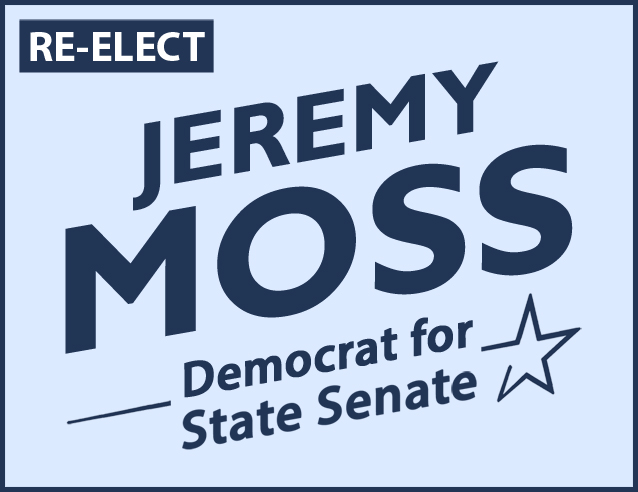Michigan’s governor, lieutenant governor and state legislators would be subject to public-records requests under bills advanced Thursday to the floor of the state House.
The bipartisan package, spearheaded by House Oversight Committee Chairman Ed McBroom and Rep. Jeremy Moss, seeks to lift blanket exemptions under Michigan’s Freedom of Information Act, which applies to other government officials around the state.
The proposal would create a new Legislative Open Records Act under FOIA and “potentially puts Michigan at the forefront of government transparency, for both the legislative and executive branch,” McBroom, R-Vulcan, told colleagues after the bills cleared his panel with unanimous support.
Michigan is one of just two states that shields both legislators and the governor from public-records requests. Michigan earned an “F” grade for government transparency and accountability in a 2015 study by The Center for Public Integrity and Global, ranking last among the 50 states.
The public-records bills, which would take effect in 2017, would create several unique exemptions for legislators and the governor that do not apply to elected officials at lower levels of government.
Moss said he and McBroom made a concerted attempt to “focus on striking a balance between the people’s right to know” and an understanding of how state government operates.
Legislative offices would not be required to disclose communications with constituents, and the package also would establish a new process for appealing denials of information requested from lawmakers.
The legislation specifies that communications between legislators and lobbyists would not be exempt from disclosure, even if the lobbyist is a constituent of the elected official.
“People have to have a sense that when they’re discussing their personal constituent information, that it is subjected to a degree of privacy,” Moss said. “This is one of those instances where we had to strike a balance.”
The governor’s office would not be required to disclose records related to pending appointments, potential suspensions of state officials, criminal pardons, budget recommendations or draft State of the State addresses.
“Those are special, constitutional tasks assigned to the governor,” McBroom said, explaining exemptions added to the package Thursday.
The ongoing Flint water contamination crisis has spurred calls to expand Michigan public-records laws despite Gov. Rick Snyder’s decision to voluntarily release tens of thousands of administration emails, some of which have highlighted oversight and communications failures in state government.
“I was working on this long before that, and I know other members have, too,” McBroom said. “Do I feel like it has made the fruit riper for picking? I would agree with that.”
Jane Briggs-Bunting, president of the Michigan Coalition for Open Government, has applauded Snyder for the voluntary Flint disclosure but noted that “citizens have no way of knowing if this trove of emails are all that exist.”
“Furthermore, Governor Snyder’s decision may not be followed by his successors in similar circumstances unless legally mandated,” she wrote in a letter to committee members last month. The legislation “is a small step towards restoring people’s faith in their state government leaders and departments after the ongoing tragedy in Flint.”
Similar bills have been introduced in previous years, typically by members of the minority party. McBroom said he wanted to look at the issue outside of a partisan lens to craft a package he believes is uniquely drafted to pass muster under the state and federal constitutions.
“The speech and debate clause and the protections for legislators in the process of policy making are pretty distinctive and are long-standing traditions,” he said.
The package addresses that challenge by creating a separate and similar records law under FOIA rather than subjecting legislators to the existing law. The non-partisan Legislative Council would select coordinators to handle public records requests for the House and Senate.
The legislation now heads to the full House, where McBroom is hoping for action before the Legislature breaks for summer. With the two-year session set to end in December, the proposal faces an uncertain future.
“This is a big institutional change, so I think that as people in Lansing continue to digest it, they’re going to understand it’s a reasonable change, too,” Moss said. “I hope that none of our colleagues on either side of the aisle or either chamber are quick to make a judgment against this.”
